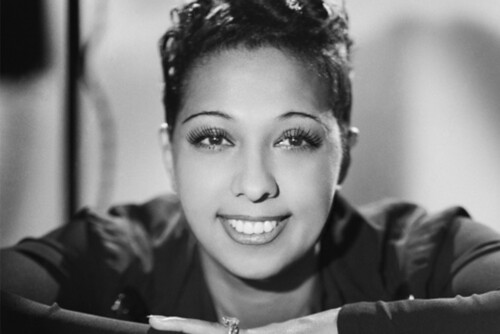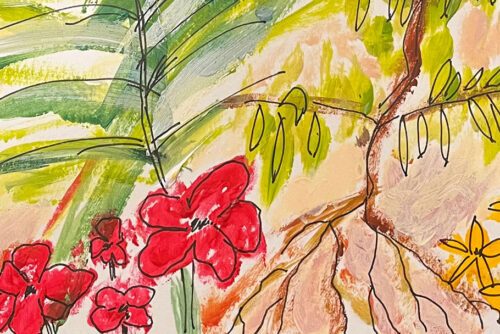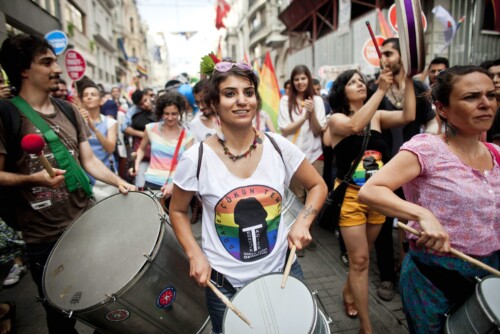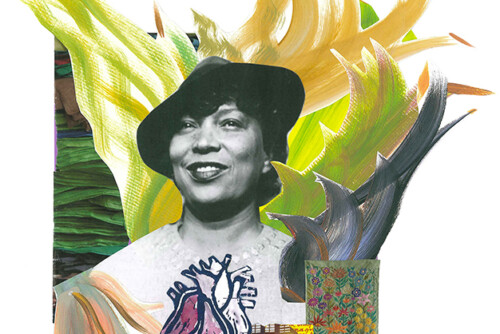Notably, Baker is rarely, if ever, acknowledged as a figure in the history of dance. Although lionized as an entertainer, she has not traditionally been regarded as a serious dancer by scholars in the field—which is to say that she was not, strictly speaking, a concert or ballet dancer, although it is noteworthy that Baker did dance on point in pieces choreographed by George Balanchine in the 1936 Ziegfield Follies.
Moreover, in spite of her likely classification as an ethnic (some would say primitive) dancer, Baker is finally associated neither with the “social-protest” dance tradition of a Pearl Primus nor with the anthropological-folk tradition of a Katherine Dunham, both located within a tradition of modern dance that would not take root in the United States until the 1930s and 1940s. And unlike these signal figures, who are associated with the history of modern black dance, Baker is regarded not as a choreographer, but a performer. Baker is thus not only a marginalized, but often neglected, figure in the history of American dance, modern dance, and even black dance.
My aim here is not only to claim a chapter for Baker in the narrative of African-American dance, but to extend that narrative by positioning Baker as a “cultural mediator” through her contribution to the dispersion of black modern dance. My proposed reading thus situates Baker’s dance repertoire at the site of cultural mediation, where her performances negotiate between different cultures, translating and transforming the dance codes and practices of one complexly syncretic culture into those of other worlds and cultures.
As such, Josephine Baker joins a tribe that art critic Wanda Corn identifies as le type transatlantic [the transatlantic type], a cohort defined by its status as “bicontinental.” As evident in the lyrics of her signature song, “J’ai Deux Amours,” [“I Have Two Loves”], Baker indeed became a “migrant artist,” fashioning herself as both an American and a Parisian. But if her lyrics re-inscribe her artistic status as “bicontinental,” her performances associate her with the expansive colonialism of France’s Third Republic, the modernity of American jazz, and the primitivism of the tribal rhythms of Africa, thus rendering Baker, in some respects, as “tricontinental”—in a kind of triangulated, transatlantic cultural economy.



